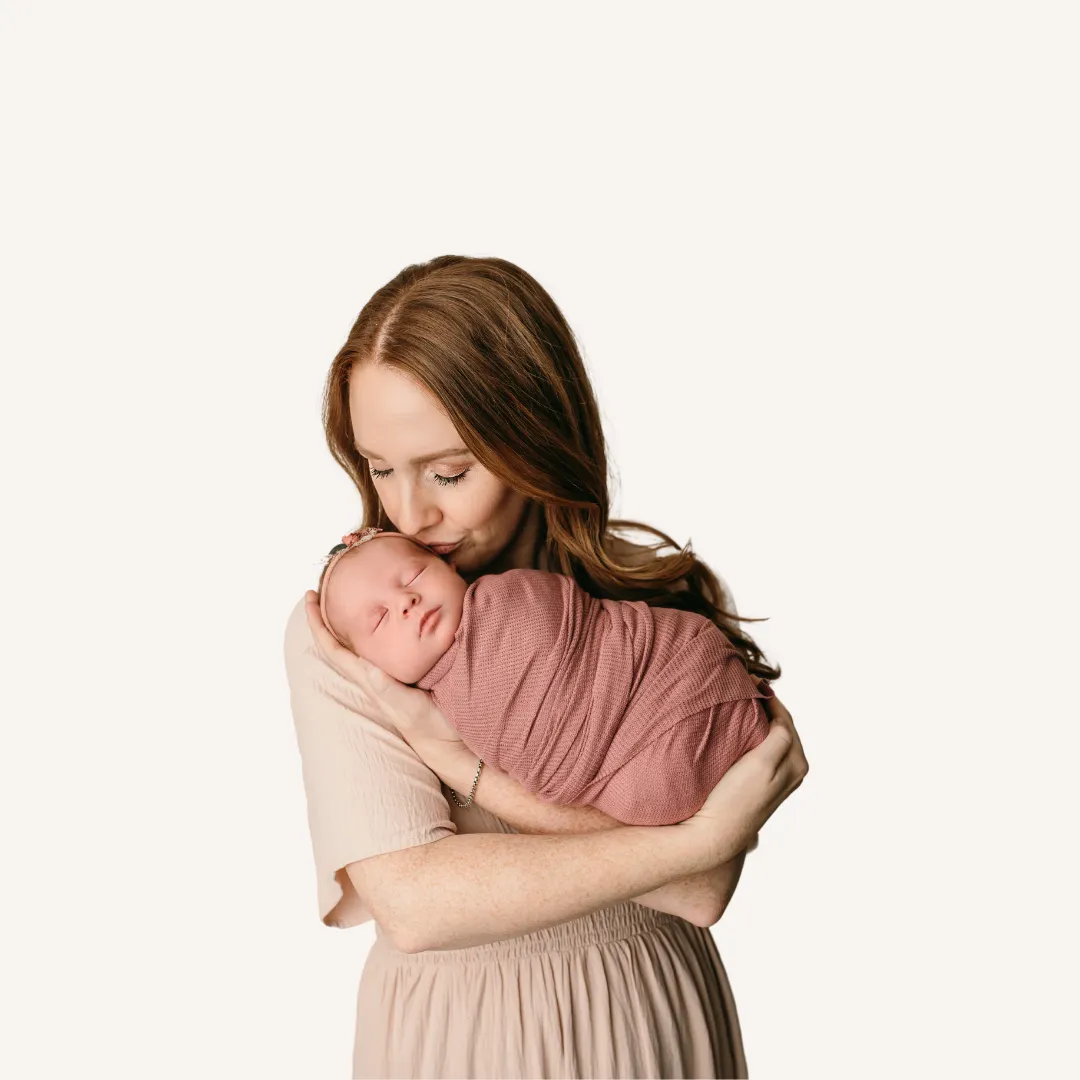Get your Life
Baby Ready
As your personal maternity concierge, I take the overwhelm out of preparing your life for a baby so you can focus on what truly matters: enjoying every moment of this precious journey.

Featured In
You're not alone if you...
Wonder if you’ll ever feel “ready” to bring a baby home.
Feel completely overwhelmed by all the gear, gadgets, and registry options.
Find yourself Googling “What do I actually need for a newborn?” at 2 a.m.
Feel like everyone has an opinion, and none of them agree.
Stress over how to juggle your work life, home life, and baby life.
Wish someone would just hand you a plan, so you don’t have to figure it all out.
You deserve to feel calm and prepared.
What is a Baby Planner?
The Baby Planner gives parents-to-be simple, personalized support to…
GEAR
...find the best baby products for your unique family.
HOME
...prepare a beautiful, organized, and safe home.
POSTPARTUM
...build your village and develop a system to thrive.
WORK-LIFE
...effectively balance your career and home routines.
Meet Katie
I’m a professional maternity concierge, newborn care specialist, and baby gear expert.
As a mother of two daughters and an aunt to fourteen nieces and nephews, I understand the complexities (and joys!) of preparing for a new baby. I’m dedicated to helping modern, busy parents prepare their lives for the changes that come with a baby.
I created The Baby Planner to provide the resources and information you need to get fully prepared for your baby's arrival.

More Than Just a Checklist
Your friends and family can tell you what worked for their baby, but what about yours? Make sure your baby planning journey is intentional and authentic to you.
Working with The Baby Planner will give you:
Expert Knowledge: You’ll benefit from my up-to-date knowledge of the latest in luxury, safety, and baby tech, ensuring your baby’s first year is filled with only the best. I make sure you’re fully supported with expert advice and attention to every detail.
Completely Personalized to You: You’ll get truly personalized support tailored to your family’s unique needs. I take the time to understand your preferences and offer on-call guidance, ensuring you feel confident and cared for every step of the way.
Giving you Time: I know your time is valuable, so I handle the details for you. From managing pregnancy milestones to tackling your to-do list, I make sure you have more time to enjoy the special moments with your little one.
PICK YOUR LEVEL OF SUPPORT
How to Thrive with a Newborn

Digital Shop
For planners who thrive on structured guidance and checklists, it's time to grab your pencil case or tablet and explore our digital products.

Baby Registry Review
For those who have most of their baby prep under control but could use a second opinion or a lifeline for those "Do babies really need this?" moments.

Maternity Concierge
For the busy, modern parent seeking bespoke support. Get personalized services, ensuring every detail is handled.
TESTIMONIALS
Parents Love The Baby Planner
Follow The Baby Planner on Social
Join our community of thousands of families @thebabyplanner.co
@2024 The Baby Planner LLC. All Rights Reserved.

